On World Down Syndrome Day, a mother's tribute to her daughter's 'exceptional' community
The people who believe in her are the ones who made all the difference.
(Editor's note: March 21 is World Down Syndrome Day. On this day we at "Good Morning America" celebrate the lives of people with Down syndrome.)
On a recent weekday afternoon, I heard the front door bang as our daughter Penny announced herself. "Mom!" she shouted, as is her custom as soon as she walks home from the bus stop. She found me in the kitchen. After a hug, we wrote down a plan for the afternoon. I would be leaving soon to take her little sister to gymnastics. Penny would be responsible for herself for the next two hours. We made a list: homework, watch one episode of "Fuller House," practice piano, read. Penny said, "I’ll do my homework first, because then watching can be my reward."
I returned two hours later to find each item on the list crossed off.
It sounds like a very ordinary day for a 12-year-old girl in sixth grade. The difference for Penny is that she is a 12-year-old girl with Down syndrome, and when she was born I heard from all quarters not to expect this type of independence. Penny’s ordinary life sometimes seems extraordinary.
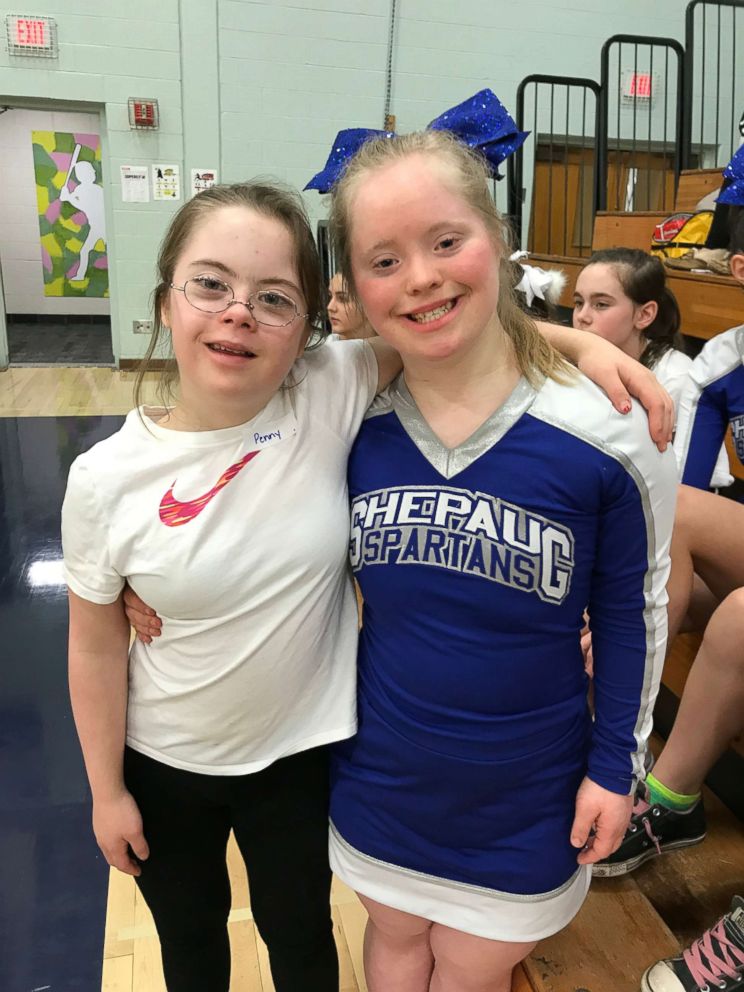
For a long time, I liked the idea that Penny was exceptional. When she, for instance, won a spot in her school’s spelling bee in 3rd grade, I was tempted to pat myself on the back for all those books we had read together. When she overturned expectations through minor achievements — learning to tell time, having a sleepover, rinsing the conditioner out of her hair, competing in a swim meet — I was inclined to believe she had won some genetic lottery. Penny’s disability produced plenty of challenges, but her hard work paid off. When we worked toward a goal, she met it, slowly but surely.
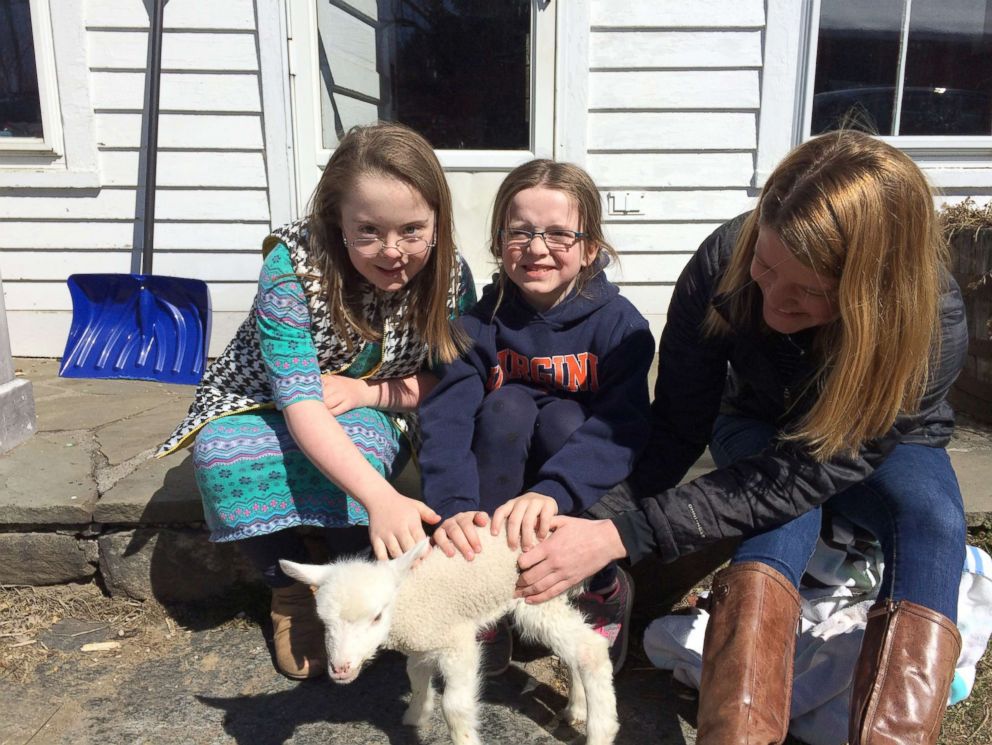
But I have come to realize that Penny’s relative independence and her sense of confidence and well-being have arisen not because she comes from overachieving parents or because she has good genes. According to standardized tests, Penny has an intellectual disability that usually translates to less independence, confidence and learning. But while IQ scores offer one data point about an individual, a loving and supportive community matters much more.
Stanford psychology professor Carol Dweck has demonstrated how believing that growth is possible sets the stage for growth to happen. Dweck’s book, "Mindset," discusses people who have a “fixed” mindset—the assumption that their personality and abilities are immutable — and those people tend to stay as they are. Dweck also tells stories of people with a “growth” mindset — people who believe that change and growth are possible.

Moreover, Dweck insists that people grow not only because they believe they can do so, but also because influential people similarly believe in them. At church, at school, in ballet class, at physical therapy — throughout her life, teachers and friends and doctors and neighbors have supported Penny.
I recently sat with Penny during a physical therapy appointment. The therapist wanted to record herself talking Penny through her exercises, so that Penny could enact those exercises at home independently. I started to protest that such independence was too much to ask. The therapist cut me off: “Don’t underestimate your daughter.”
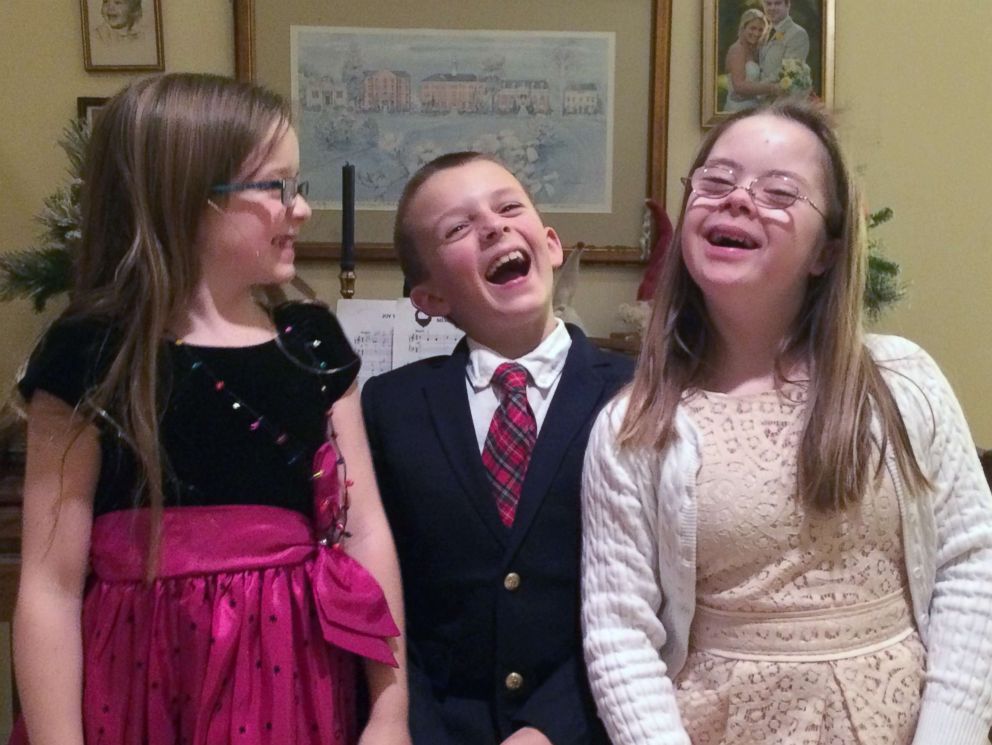
Or there was the time when I suggested to Penny that she might like to volunteer with other middle schoolers at the library’s story hour. She soon asked the librarian if she could help out. I was tempted to put some caveats on the request. The librarian didn’t miss a beat when she said, “Penny, we would love it. We could really use your help.”
People have supported Penny by assuming she can do things, but they also have supported Penny by recognizing her challenges. Her occupational therapist at school called me a few weeks before swim team practice started. She wanted to think through what obstacles Penny might face in joining the team. Could she change into a swimsuit and get her hair in a bathing cap independently? What amount of support did she need in order to be successful?
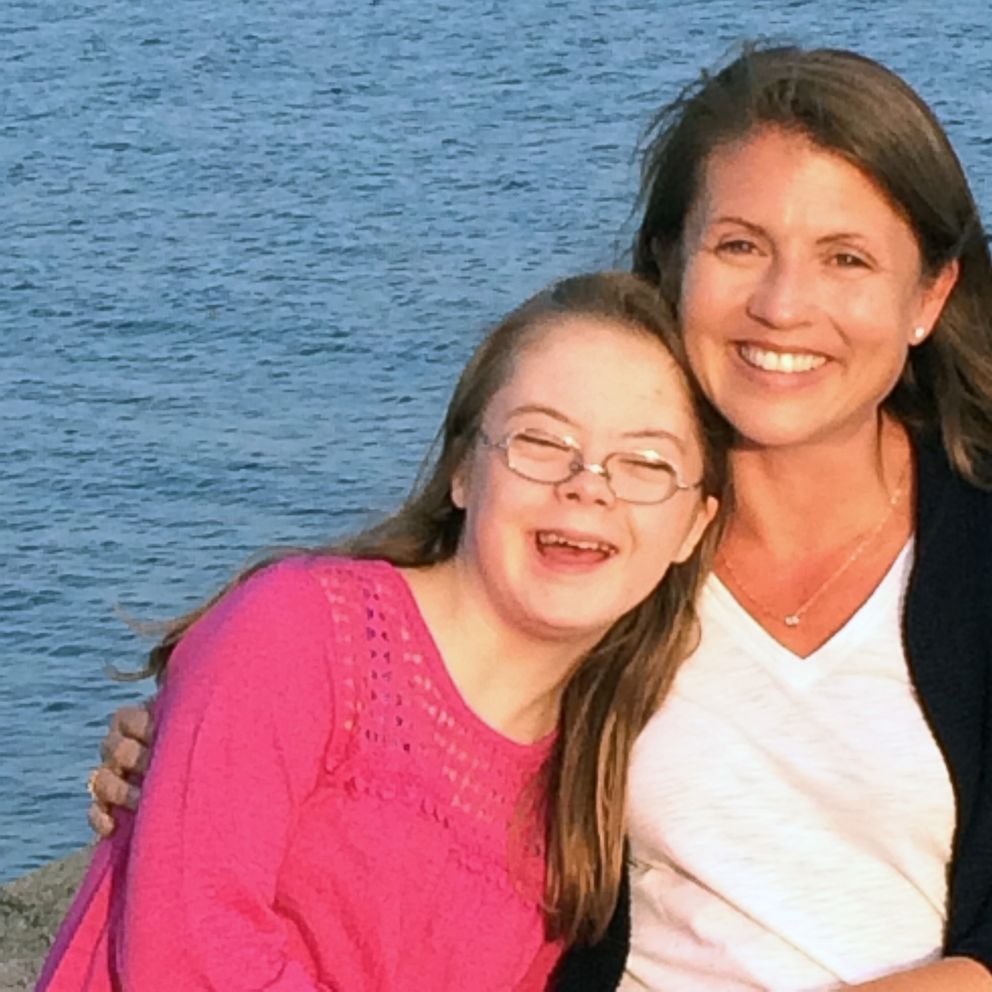
These women believe in Penny’s capacity to learn and grow. They don’t believe she will leave all challenges behind. But they insist that Penny can contribute. They insist that she only receive help when she needs it. In so doing, they offer her exceptional support. My hope and prayer for the future is that this type of support for people with disabilities becomes the norm.
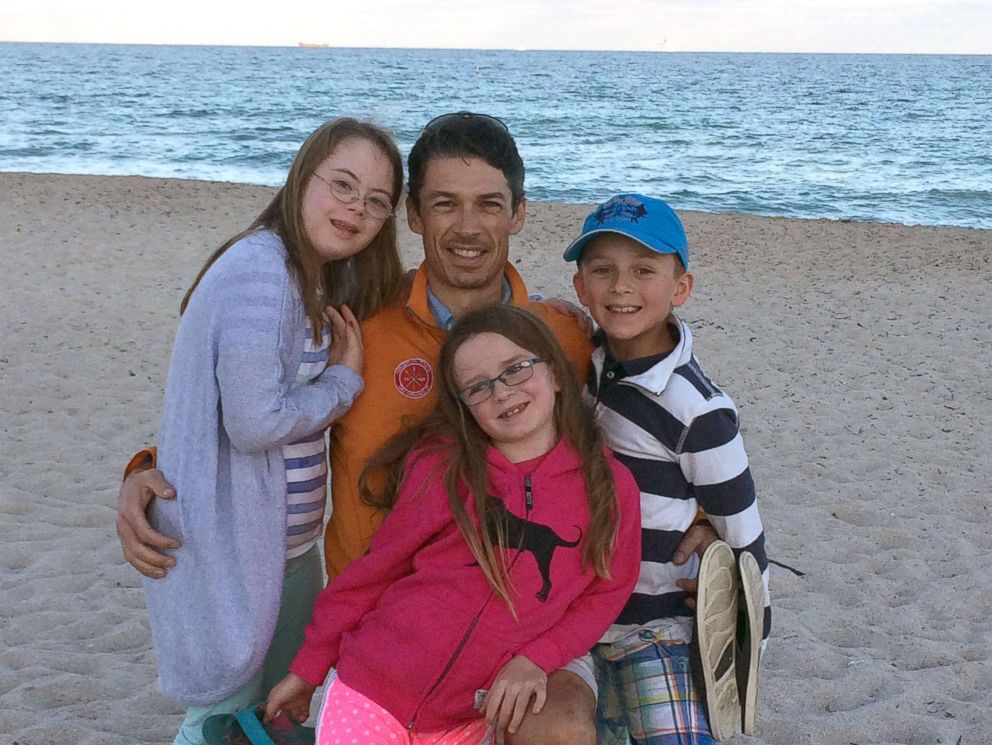
Today is World Down Syndrome Day, a day where I celebrate Penny and her gifts of thoughtfulness and perseverance and generosity and humility and encouragement. But today I also celebrate the larger, loving community that has believed in our daughter and continues to help her grow.
Amy Julia Becker writes about faith, family, and disability at www.amyjuliabecker.com. Her next book, "White Picket Fences: Turning toward Love in a World Divided by Privilege," comes out in October.




